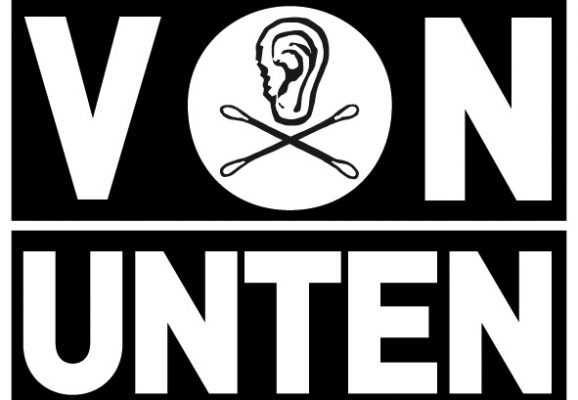Listen to an online discussion organized by Students for Future Hildesheim in April 2021, where Mitzi Jonelle Tan gave a lecture on the topic “Decolonizing climate activism”.
The climate crisis is an intersectional crisis, that is not exempt from racism and colonialism. BIPOC activists are often silenced or used as tokens by white activists, their experiences reduced to sad stories to inspire the Global North. White saviorism is not the right way to act for the planet, it is essential for white activists to step aside a little and actually listen to and highlight experiences, stories and campaigns from the Most Affected People and Areas (MAPA). People and countries in the Global South are doubly impacted by the climate crisis, and this is why it is more important than ever to learn about our biases and privileges, so we can truly change the system.
Mitzi Jonelle Tan is a climate justice activist based in Metro Manila, Philippines. She is the convenor and international spokesperson of Youth Advocates for Climate Action Philippines (YACAP), the Fridays For Future (FFF) of the Philippines. She is also active in FFF International, advocating for climate justice and making sure that voices of Most Affected Peoples and Areas (MAPA)’s strikers are heard, amplified, and given space.


















